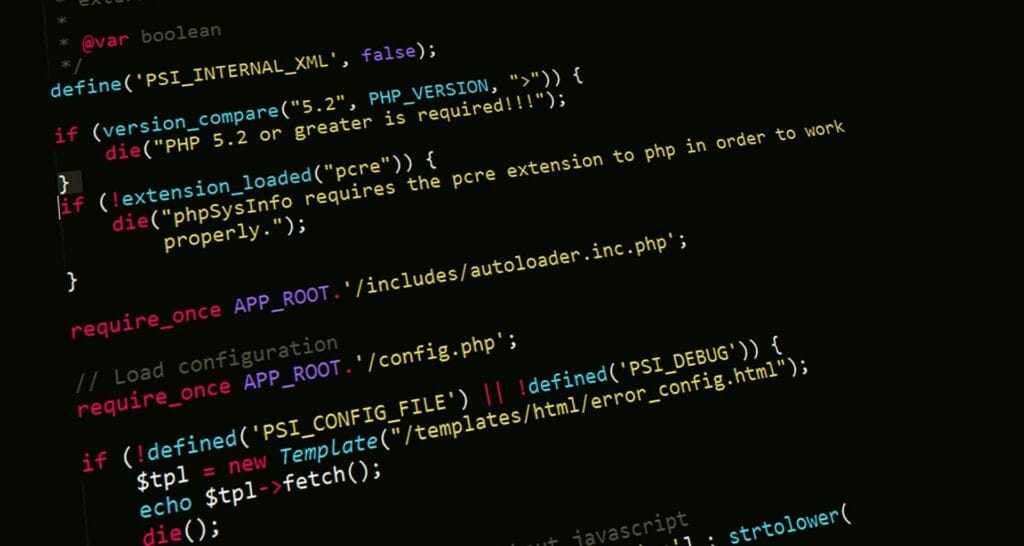AI Resources for Startups: The Way to Success:
“AI Resources for Startups: The Way to Success: Artificial intelligence is going to flip much of the industrial world upside down, and there are few organizations that are poised to benefit more than startups. In spite of this, however, it often proves difficult for the younger firm to find the right tools, frameworks, or resources with which to apply proper AI practices, especially in a situation where these businesses are woefully weak in terms of technical strength or financial power. This is going to be a very comprehensive guide on AI for startups. You will get more than 2000 words of actionable insights, tools, and strategies that will help you harness the power of AI and build a sustainable and innovative business.”

1. Introduction to AI for Beginners
Not a buzzword anymore. Far more than the automation of simple tasks, AI improves decisions and fosters innovation in particular sectors. After all, installing AI solutions requires clarity as to what the technology can do, along with the right tools and high-quality resources for the startup to navigate the intricacies related to deploying AI.
Startups again, by granting access and availability of AI, can increase productivity and reduce the costs of operations; personalization of the customer experience; an added competitive advantage within their field. It all stands upon how one can gain access and implement AI resources.
2. AI Tools for Startups
Building AI-based products or infusing a little bit of machine learning into operations brings a wide variety of tools and platforms that are available to startups:
a. Google Cloud AI
Google Cloud is an array of AI tools and machine learning platforms, including pre-trained models and customizable machine learning solutions. It can leverage the power of tools like the following:

- AutoML: For businesses that lack substantive knowledge of AI, AutoML provides an opportunity to develop machine learning models using minimal coding. You will train custom models based on specific business requirements.
- TensorFlow: It is an open-source framework for machine learning that allows businesses to produce complex models for identification of images, understanding natural languages, and performing many other activities.
b. Microsoft Azure AI
Azure offers a broad lineup of AI services as pre-configured APIs for speech, language understanding, computer vision, and anomaly detection. On this platform, it will be possible for start-ups to add complex AI capabilities to the applications within days. - Azure Cognitive Services: Pre-trained models are perfect for those startups that need accessible and easy-to- implement AI capabilities, such as speech recognition, language translation, and image classification.
c. Amazon Web Services (AWS) AI
AWS provides a generous set of machine learning services that will fit any artificial intelligence level. They can help startups embed AI into their workflow without having to start building models from scratch.

- Amazon SageMaker: A fully managed service that allows developers and data scientists to put, train, and deploy machine learning models at scale.
-Amazon Web Service Deep Learning AMIs: For startups, if they have a team of data scientists, AWS Deep Learning AMIs provides the following machine learning frameworks: TensorFlow, PyTorch, MXNet.
d. IBM Watson
Watson provides services, which involve AI and machine learning, designed for businesses of every scale. Startups can apply Watson’s APIs to deploy natural language processes, data insights, etc. - Watson Natural Language Understanding: It analyzes the text, along with extracting metadata like entities, keywords, emotions, and sentiments that can help startups take actionable insights from unstructured data.
- Open-Source AI Frameworks
Open-source frameworks usually allow for cost-effective and flexible customizable solutions that can best be used by startups for models in building a customized AI to meet most of the business needs.
a. Scikit-learn
This is the de facto Python library for simple yet powerful toolkits that align with the needs of startups for easy and effective machine learning. Scikit-learn provides multiple techniques useful for classification, regression, clustering, and dimensionality reduction tasks among others. Therefore, it is a good tool for fast machine learning solutions offered by startups.
b. PyTorch
PyTorch is perhaps the most widely used deep learning framework that excels both in research and in production. Because it uses a dynamic computation graph, it is friendly to experiment and iterate with AI models.
c. Keras
Keras was initially designed as a high-level neural network API written in Python, working on top of the TensorFlow platform. It is said to be user-friendly and perfect for startups that wish to rapidly prototype AI models without diving too deep into technical complexities.
d. Apache MXNet
It is also available with distributed training so that it can be used on several GPUs or even spread across multiple machines, and it really does have good capabilities for large datasets or complex models, so it’s great for startups aiming to work with large datasets or complex models.
4. Datasets and AI Training Resources
High-quality datasets are meant to be used for training AI models; several free as well as paid sources will help startups get started.

a. Kaggle
Kaggle is one of the primary sources of datasets and hosts data science competitions across various challenges. It is always a great place to test startup AI models with the global community of data scientists.
b. UCI Machine Learning Repository
This repository likely houses the largest and most ancient sources of datasets in machine learning. Thus, it can be considered as one good source for any startup searching for diverse data sets to train their models across multiple use cases.
c. Google Dataset Search
Google Dataset Search Google Dataset Search is an incredibly powerful search tool that lets any startup find datasets from anywhere on the web. From healthcare to finance, this tool aggregates multiple fields of data sources in one place, hence allowing easier AI model training and testing.
d. OpenAI Gym
OpenAI Gym is an environment for the training of reinforcement learning where environments are provided to test and develop algorithms. This environment is very widely used in research and development and for those startups that can experiment with the latest AI techniques.
5. AI Incubators and Accelerators
AI-focused incubators and accelerators offer mentorship, funding, and access to various resources for the startups that are pursuing the construction of an AI-driven business. This is because this kind of program is not only about funding but also about access to industry experts and networks.

a. Google for Startups Accelerator: AI
This program offers technical mentorship to AI solution-building startups, including Google Cloud credits. For growth-stage startups, this would be an excellent way to access additional resources in pushing their AI efforts forward.
b. TechStars AI
TechStars is actually an accelerator that is a big brand with its own unique AI program focused on helping start-ups to develop product, raise funds, and develop network engagements. Start-ups will be given the chance to get mentored by powerful AI industry influencers in exchange for access to interested venture capital firms in AI innovation.
c. NVIDIA Inception Program
The startup gets access to GPU technology, technical training, and marketing support through NVIDIA’s Inception Program. It would aptly cater to AI start-ups that indeed make serious use of heavy computations in developing and training large-sized AI models.
6. Tutorials on AI for Startups
The people working in the startup should be trained appropriately on AI for proper implementation. There are sufficient educational platforms providing courses on AI, machine learning, and data science.
a. Coursera
Coursera is providing courses on AI and machine learning by the best university or an institute such as Stanford, MIT, and Google. Startups can make use of free and paid courses to develop AI in-house expertise.
b. edX
edX: Among the hundreds of thousands of AI and data science courses on edX, some extremely business-specific ones are available, such as health care or finance. A company might upskill one of their teams on one of those classes, and apply AI to very specific challenges within that business.
c. Fast.ai
Fast.ai is a site that offers free top-class courses on basic AI and deep learning fundamentals. The teaching approach here is more hands-on, which makes it ideal for startups in getting things done very fast for building and deploying AI models.
d. Udemy
Udemy is a very large platform, and courses on basically everything about AI, machine learning, and data science are available for free. Great for startups that need to source inexpensive resources when training their teams.
7. AI Ethics and Governance for Beginners
With AI spreading, ethical requirements for start-ups become the first need. AI can have unintended effects on biases in choices of decisions, among other issues of privacy and whether and how accountability should change.

As a start-up, it needs to attend to AI responsibly.
a. AI Fairness
The start-ups must care about the fairness of AI through fair modeling, so there has to be an end to bias and discrimination issues. This might include unbiased selection of datasets, regular testing of models, and possibly imposing corrective measures whenever needed.
b. Data Privacy and Protection
Along with this, there is growing concern by the startups on the processing and the treatment of customer’s data as the usage of AI is increasing. It is the need of the hour to follow regulations like GDPR and have a proper, sound data protection measures, so that if there is any breach, it can sustain for a long time.
c. AI Transparency
Build explainable AI models, and make AI models transparent. This makes it easier for the AI system to clearly make decisions for its users such that end-users can trust the output from AI applications.
8. Conclusion:
This is quite a new game for all the new startups, but it is something that would require careful planning, availability of the right resources, and continuous learning about AI. Its strength lies in focusing on open-source tools, cloud platforms, incubators, and education resources through which all these complexities of AI could be made easy for the startups that would lead them to solutions in aiding innovation and business growth.
In the context in which these firms do indeed consider ethics and responsible use of AI technologies, this challenge will help them not only manage the problems at present but also set up a long-term value for customers and society.
If you want to read our more blogs Click “Here“
We have another website about Fashion must visit Click “Here“

